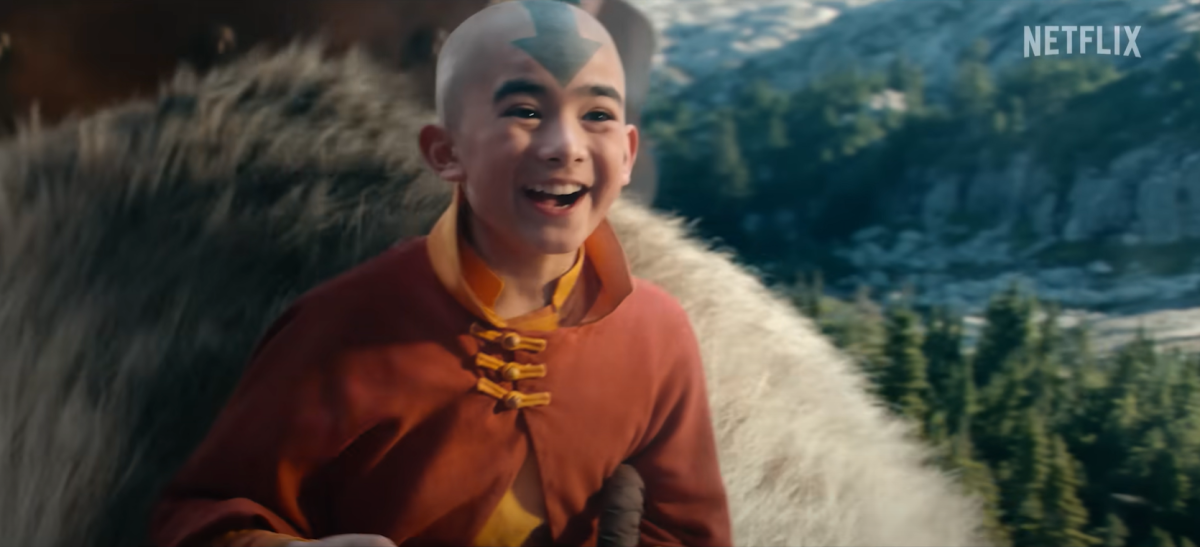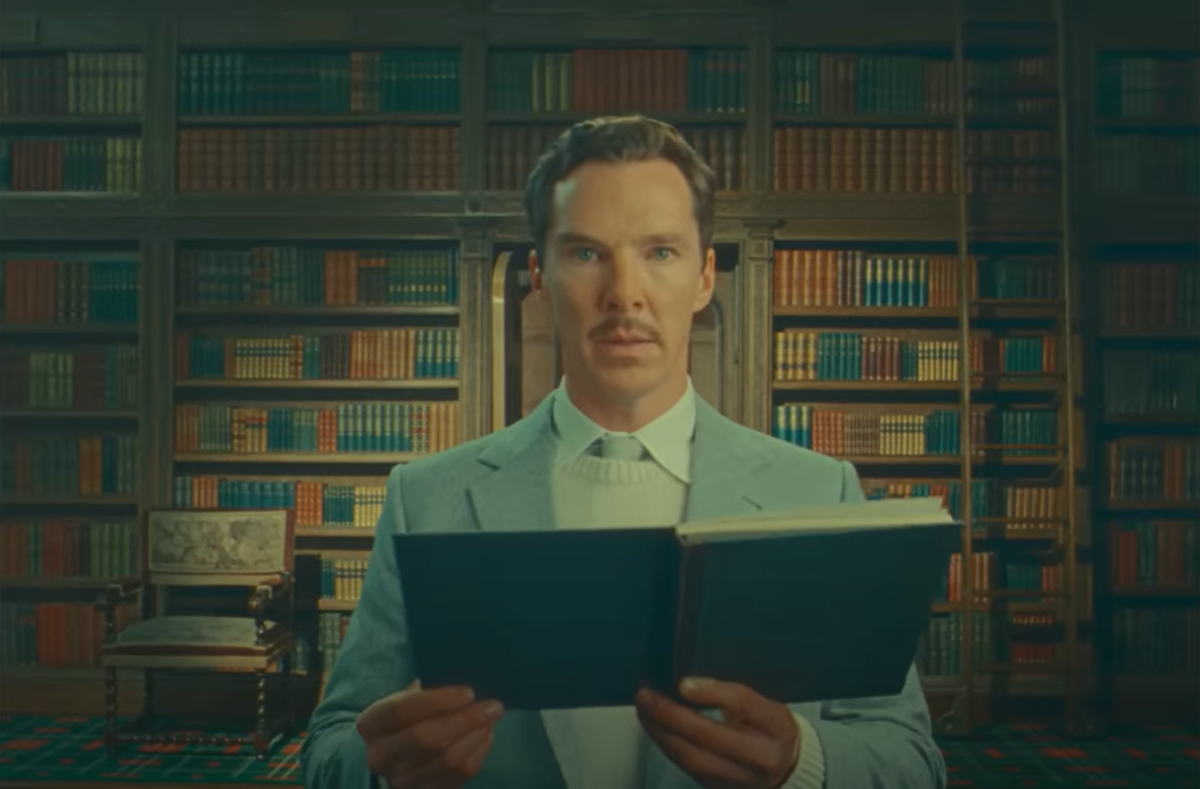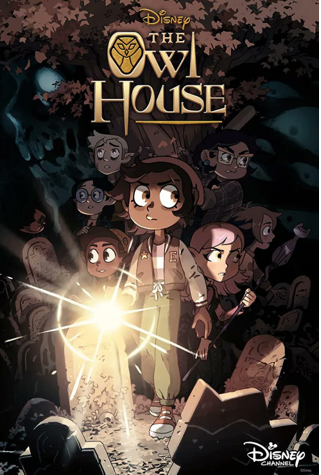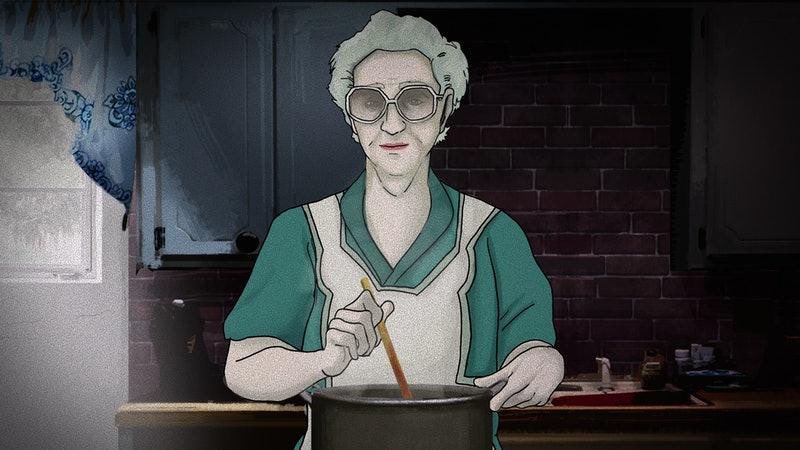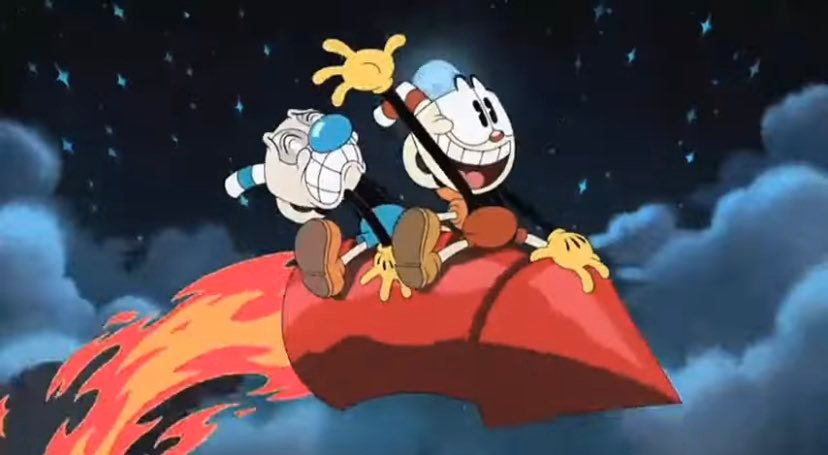By Nicholas Proch
Our love affair with Johnny Depp continues. Whether you’ve read Hunter S. Thompson’s book The Rum Diary or not, Depp shows he’s mastered the role of playing the late author’s characters and subsequently Thompson himself. This time he gets a crack at playing Paul Kemp.
It’s 1960 and the problems that journalists are facing today aren’t much different than the ones they faced over a half a century ago. Set in Puerto Rico, and filmed there to give the piece its real feel, Paul Kemp, who is the unmatched star of the film, works for the San Juan Star. It’s a dying publication.
Depp is surrounded by fellow journalists, crooks, a feminine interest and a military men. They all share a common bond. They suck at the nipple of the Puerto Rican economy and geography. Abusing their relationships until they are run dry, Kemp seems to be the only one who is actually looking for himself, and not to live off something or someone else.
In Depp’s previous effort as a Thompson character, in Fear and Loathing In Las Vegas, he focuses on the crazed and supernatural power of the substances that “Raoul Duke” puts in his body. His actions and visions are drawn out and seen on screen. There is only one homage to that character in a scene where Kemp loses his mind on a drug that is administered like an eye-drop.
This character is based on the early days of Thompson. It’s before the suitcases full of drugs. Before he got lost in “bat country”. Before Gonzo. It’s pure Thompson.
Depp’s surrounding cast members sport big names, but some of them come up rather short. Aaron Eckhart (The Dark Knight, Thank You For Smoking) plays Sanderson, who is a combination of two characters from the book. Somewhere along the line of transforming this story for the big screen, it was decided that the character of Yeamon, amongst others, would be removed entirely from the script.
The tactic here was to make a combination of characters fit one of the major story lines from the novel and hope it stuck. If you’re sitting in the theater with a group of friends and you’re the only one who has read the text, you can’t help but think, ‘they have no idea what is going on right now!’
It’s not until the second half of the film that the audience is given information that is in the first two paragraphs of the book. It feels as if Bruce Robinson, who wrote and directed the film, took a shotgun to the carefully written story path that Thompson laid out and didn’t fill the holes it left.
The best attempt that the producers and casting could do to fill those voids was cast Amber Heard (Drive Angry, Pineapple Express) to play Chenault. She provides enough eye candy in several scenes that you almost seem to forget about her lack of acting skills.
The lone stand-out, besides Depp, is Giovanni Ribisi (Saving Private Ryan, Gone In Sixty Seconds(2000)). Moburg is everything that, and more than, the viewer could expect if they are familiar with the character from the book. Ribisi shows his commitment to character and is only over-shadowed by Depp.
The film touches on common societal and psychological truths. It’s not easy to find yourself, and even when you think you do, you can still find a way to lose it. If the themes and direction were stronger this would be a contender in the spring, but alas, it’s not.
While there are holes in the story and poor acting performances, this film, for some of us, is still worth seeing. See it if you’re interested in seeing a collision of free media and politics. See it if you’d like to see Johnny Depp tackle another role in a new way. Most importantly, spend the money and go to the theater if you’re a fan of Hunter S. Thompson. This could be the last tribute to his work, and that should not be taken lightly by any of his followers.

